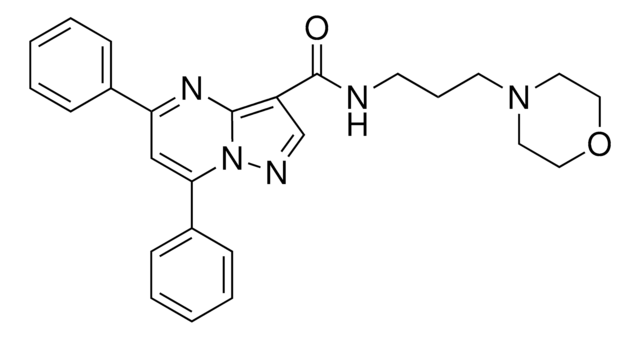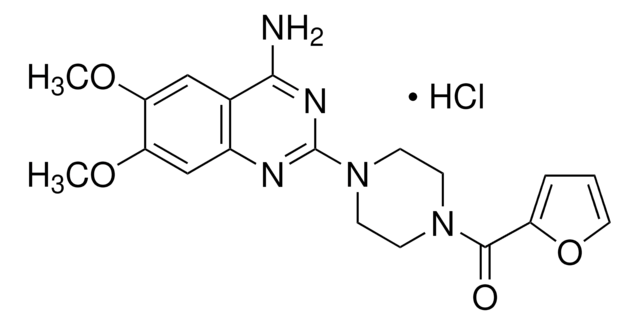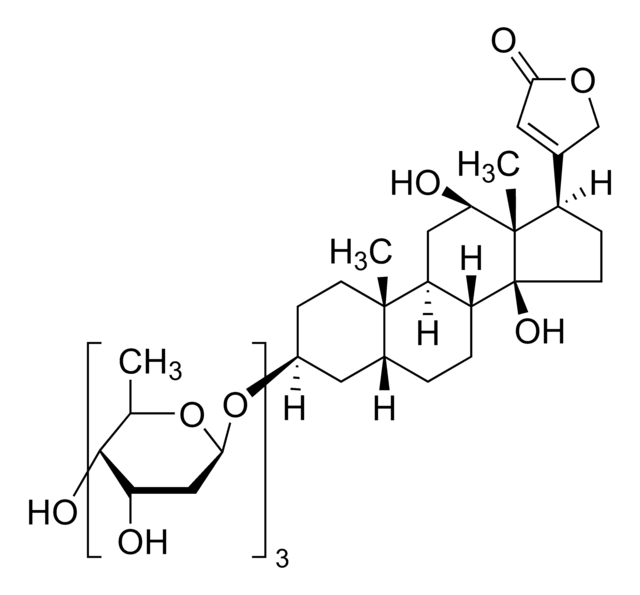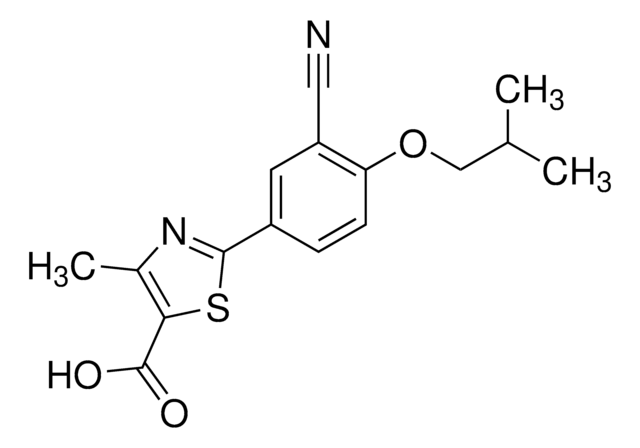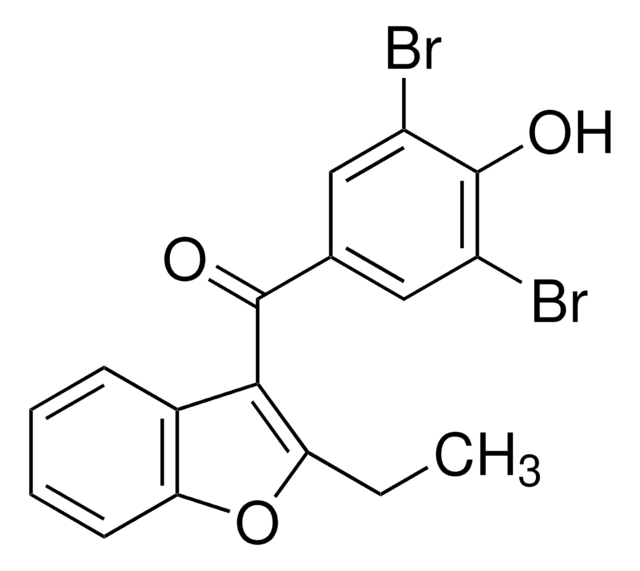K2144
Ko143 hydrate
≥98% (HPLC), powder, BCRP inhibitor
Synonym(s):
(3S,6S,12aS)-1,2,3,4,6,7,12,12a-Octahydro-9-methoxy-6-( 2-methylpropyl)-1,4-dioxopyrazino[1′,2′:1,6]pyrido[3,4- b]indole-3-propanoic acid 1,1-dimethylethyl ester hydrate, Ko-143 hydrate
About This Item
Recommended Products
Product Name
Ko143 hydrate, ≥98% (HPLC)
Quality Level
Assay
≥98% (HPLC)
form
powder
color
white to off-white
solubility
DMSO: >10 mg/mL
originator
GlaxoSmithKline
storage temp.
room temp
SMILES string
O.COc1ccc2c3C[C@@H]4N([C@@H](CC(C)C)c3[nH]c2c1)C(=O)[C@H](CCC(=O)OC(C)(C)C)NC4=O
InChI
1S/C26H35N3O5.H2O/c1-14(2)11-20-23-17(16-8-7-15(33-6)12-19(16)27-23)13-21-24(31)28-18(25(32)29(20)21)9-10-22(30)34-26(3,4)5;/h7-8,12,14,18,20-21,27H,9-11,13H2,1-6H3,(H,28,31);1H2/t18-,20-,21-;/m0./s1
InChI key
ZXXZDXPNJJZRDC-PSLBYKFTSA-N
Application
- to determine the role of ATP-binding cassette sub-family G member 2 (ABCG2), human embryonic kidney (HEK)-C1 and HEK-ABCG2 in tumor microenvironment
- to inhibit ABCG2 for sphere formation assay
- in calcein-AM efflux inhibition to monitor multidrug resistance protein (MRP)-function in kidney
- for cell viability assay
Biochem/physiol Actions
Features and Benefits
Storage and Stability
Signal Word
Warning
Hazard Statements
Precautionary Statements
Hazard Classifications
Eye Irrit. 2 - Skin Irrit. 2 - STOT SE 3
Target Organs
Respiratory system
Storage Class Code
11 - Combustible Solids
WGK
WGK 3
Flash Point(F)
Not applicable
Flash Point(C)
Not applicable
Choose from one of the most recent versions:
Certificates of Analysis (COA)
Don't see the Right Version?
If you require a particular version, you can look up a specific certificate by the Lot or Batch number.
Already Own This Product?
Find documentation for the products that you have recently purchased in the Document Library.
Customers Also Viewed
Articles
Protein-based drug transporters are expressed in Sf9 cells. Understanding the specific mechanisms of tumor cell transporters is an essential aspect of chemotherapeutic drug design.
Discover Bioactive Small Molecules for ADME/Tox
Our team of scientists has experience in all areas of research including Life Science, Material Science, Chemical Synthesis, Chromatography, Analytical and many others.
Contact Technical Service
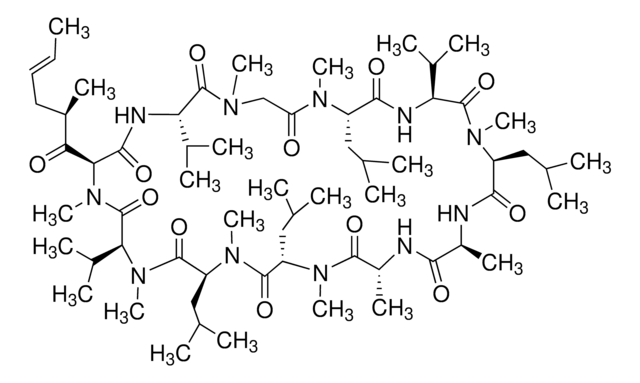
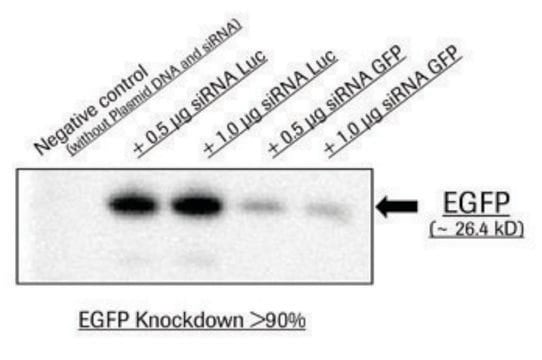


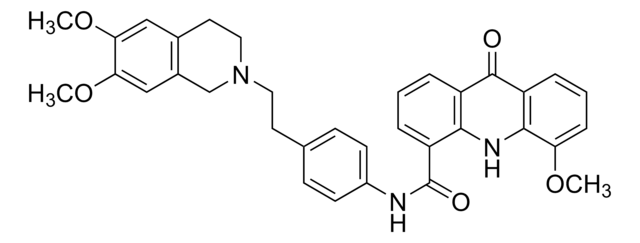


![MK571, Sodium Salt A selective, competitive antagonist of leukotriene D4 (LTD4) (Ki = 2.1 nM for inhibition of [³H]LTD4 binding to human lung membranes).](/deepweb/assets/sigmaaldrich/product/images/110/905/114b43f4-ee35-4aba-ab41-09f068177368/640/114b43f4-ee35-4aba-ab41-09f068177368.jpg)

